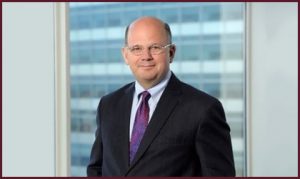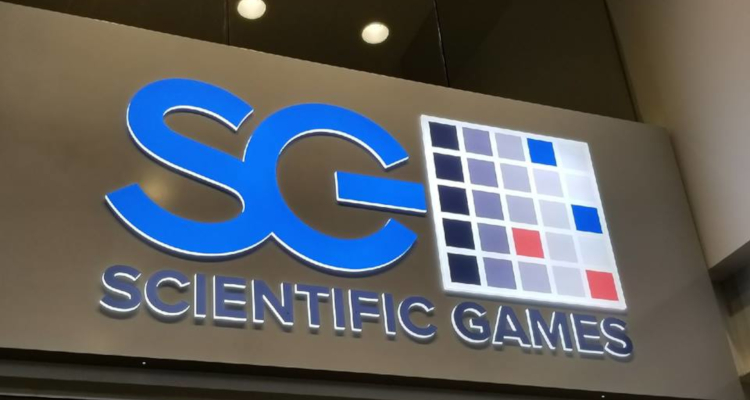American lottery and gaming machines innovator, Scientific Games Corporation, has announced that it has agreed to pay $151.5 million in compensatory damages to Shuffle Tech International LLC and a trio of other plaintiffs in order to settle an anti-trust lawsuit.
Reduced penalty:
The Las Vegas-headquartered firm used an official Thursday press release (pdf) to explain that the payment represents about 45% of an original $335 million bill it incurred after losing a lawsuit in August brought by Shuffle Tech International LLC and its DigiDeal Corporation, Poydras-Talrick Holdings LLC and Aces Up Gaming Incorporated partners.
Patent infringement:
The original dispute dates back to 2012 when Chicago-based Shuffle Tech teamed up with its fellow plaintiffs to launch an automatic card shuffler that was designed to compete with similar units developed by Scientific Games Corporation. The industry giant subsequently objected by filing a patent infringement action that alleged the new innovation had utilized its own protected technology without authorization.
Anti-trust counter-claim:
The four firms responded three years later via an anti-trust suit that claimed Scientific Games was aiming to control the automatic card shuffler market by misleading the United States Patent and Trademark Office in order to obtain an overly broad range of patents. The resulting ten-day trial saw a Chicago jury agree and award the plaintiffs $105 million in damages, which was automatically tripled to $315 million under existing United States anti-trust laws.
This penalty later grew to some $335 million following the addition of court costs and attorney fees while Scientific consequently agreed to settle without admitting any liability so long as the court entered an order vacating the original judgment.
Developer ‘pleased’:
James Sottile (pictured), Chief Legal Officer and Executive Vice President for Scientific Games, declared that he is ‘pleased with the outcome of the settlement’ despite holding a ‘firm’ belief that this summer’s court ruling was ‘wrong.’ He moreover declared that he anticipates that ‘this matter will be resolved for good’ by the court now entering the vacating order so as to bring to an end all ongoing and pending litigation related to the lawsuit.



